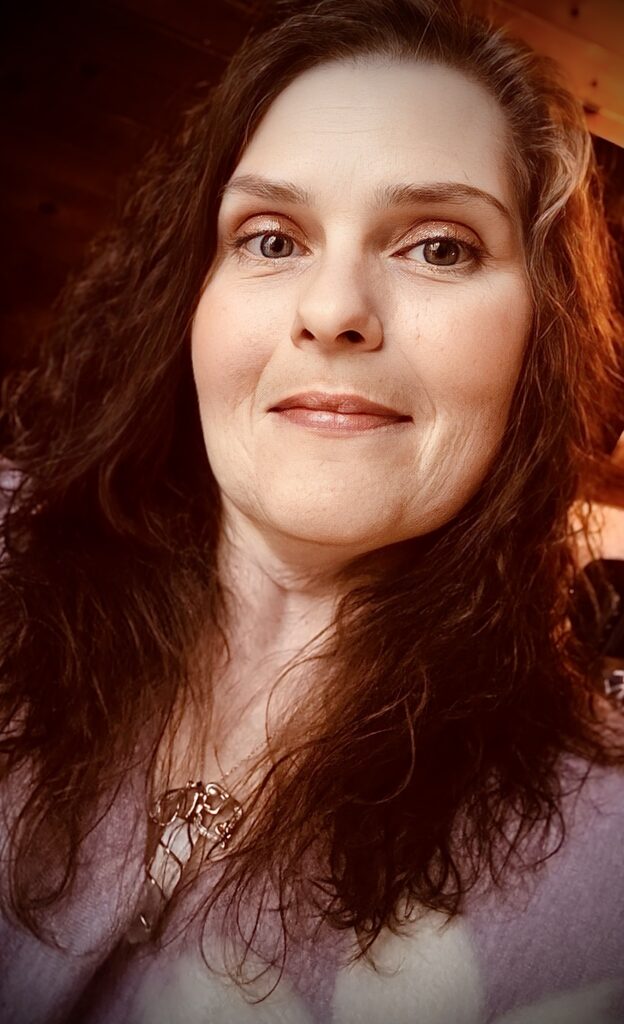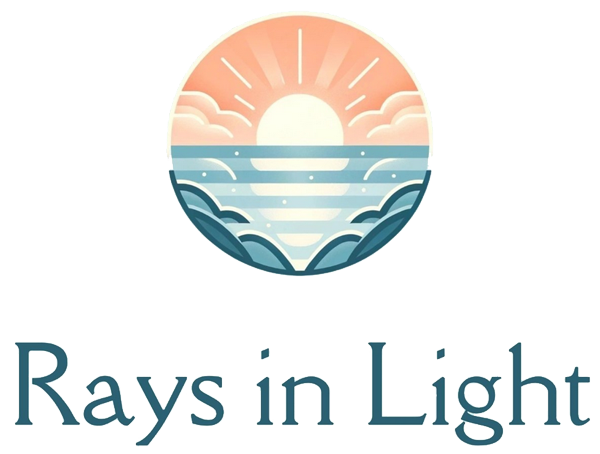I am a certified End-of-Life Transition Specialist through The International End-of-Life Doula Association (INELDA), formed in 2015, is a member-based, nonprofit working to meet the non-medical needs of the dying by raising awareness of the roles of end-of-life doulas and providing education to support compassionate deathcare. We are charged with our vision of ensuring that all individuals have accessible, equitable, and compassionate deathcare that holistically affirms one’s humanity and supports end-of-life choices. These tenets guide our work and daily decision-making. We acknowledge people die everywhere and end-of-life doulas can play a vital role for the dying individual. INELDA is committed to supporting doulas in residential homes, hospices, for those incarcerated, in centers for the unhoused, and on city streets.
About

Doula Approach Principles
Self-awareness:
Doulas practice from a place of self-awareness, which invites ongoing reflection of their own beliefs, preferences, and biases toward the concept of death. When the doula can separate their own identity from those they support, they can show up with greater cultural sensitivity, understanding, and respect for the dying person and their circle of support.
Autonomy of the dying:
A dying person has the ability to exercise self-determination and relational autonomy when considering their choices for end of life. The doula understands that the person they are accompanying and supporting at the end of life, or that person’s proxy, drives the agenda.
The dying process:
The dying person goes through both physiological changes and loss at the end of life. Each person’s dying process is unique and will inform the type of doula care that can be offered to the dying person and their circle of support.
Standards of INELDA-Practicing Doulas
Recognize the autonomy of the dying person and their circle of care.
Offer communication and presence rooted in self-awareness and full-self listening.
Commit to understanding the intersectionalities of the people they are accompanying and aim to increase access and equity in end-of-life care.
Discuss and explore end-of-life options available by state and country, when initiated by the dying person.
Offer knowledgeable and supportive context for the dying process along with community-based resources to the dying person, their circle of care, and the community at large.
Support and advocate for the dying person and their circle of care.
Provide deathcare from within or outside structural systems.
INELDA-Practicing Doulas
- Recognize that engaging in activities of touching, moving, and cleaning the dying person may involve the exchange of bodily fluids and that personal protective equipment should be used. Furthermore, these physical care practices are not provided by the end-of-life doula. Providing physical care may unintentionally create harm and requires explicit consent of both the dying person and their circle of care as well as their medical team. Consent is deeply nuanced, and it is recommended that doulas co-create an approach for consent with the dying person to ensure clarity throughout all the phases of end of life.
- Are not required but may choose to provide (with consent) physical contact, including hand-holding, light massage, and applying lotions or lubricants. Doulas are encouraged to never initiate or suggest touch, rather to wait until the support is explicitly requested from the dying person and/or their circle of care. The doula may agree or disagree based on their own personal boundaries and level of safety.
- Respect the boundaries of medical care providers and do not engage in giving medical assessment or initiate interventions pertaining to either mental and physical diagnoses and treatment.
- Recognize that there are inherent risks when supporting someone at the end of life and will go out of their way to seek permission for approval for anything that may affect the dying person’s physiological outcomes.
- Those holding additional licenses acknowledge that those services are outside of the scope of practice as an end-of-life doula. Doulas who carry multiple certificates, certifications, or skill sets that a dying person may benefit from, should engage solely in their role as a doula, unless consent from the dying person and their circle of care has been reached. Doulas acknowledge that enacting multiple roles at one time may cause boundary confusion and unintended harm. Enacting dual roles may also threaten a doula’s additional licenses. It is the doula’s responsibility to consider previously held licenses and agree to always be transparent with those they are serving. INELDA advises that doulas strive to maintain the singular role of doula as they provide care. This stance is born out of a desire to lessen confusion in care, decrease coercion, and maximize the efficacy of the end-of-life doula role.
- Cannot deliver drink or food to the dying person without prior consent from the medical team or primary caregiver.
- Cannot provide delivery of medication to the dying person. In the case of supporting someone who is enacting the benefit of medical aid in dying, a doula may act in the role of support and/or handling medications used. Visit the Academy of Aid-in-Dying Medicine for latest best practice information.
- Collaborative: Work together toward a collective goal
- Community: Cultivate connected spaces that nurture trust, belonging, and safety
- Cultural Humility: Honor different lived experiences in a shared space
- Advocacy: Mobilize action toward a cause
- Accessible: Strive toward representation and an open path for all
- Accountable: Demonstrate responsibility for our actions and results
- Respect: Value others culturally and spiritually
- Risk-taking: Defy social norms in order to create a greater awareness
- Reputable: Serve with integrity
- Equitable: Recognize the differences in others’ needs and circumstances
- Ethical: Represent humanity in terms of rights, obligations, and fairness
- Evolving: Continue to acknowledge change and gain wisdom from that change
